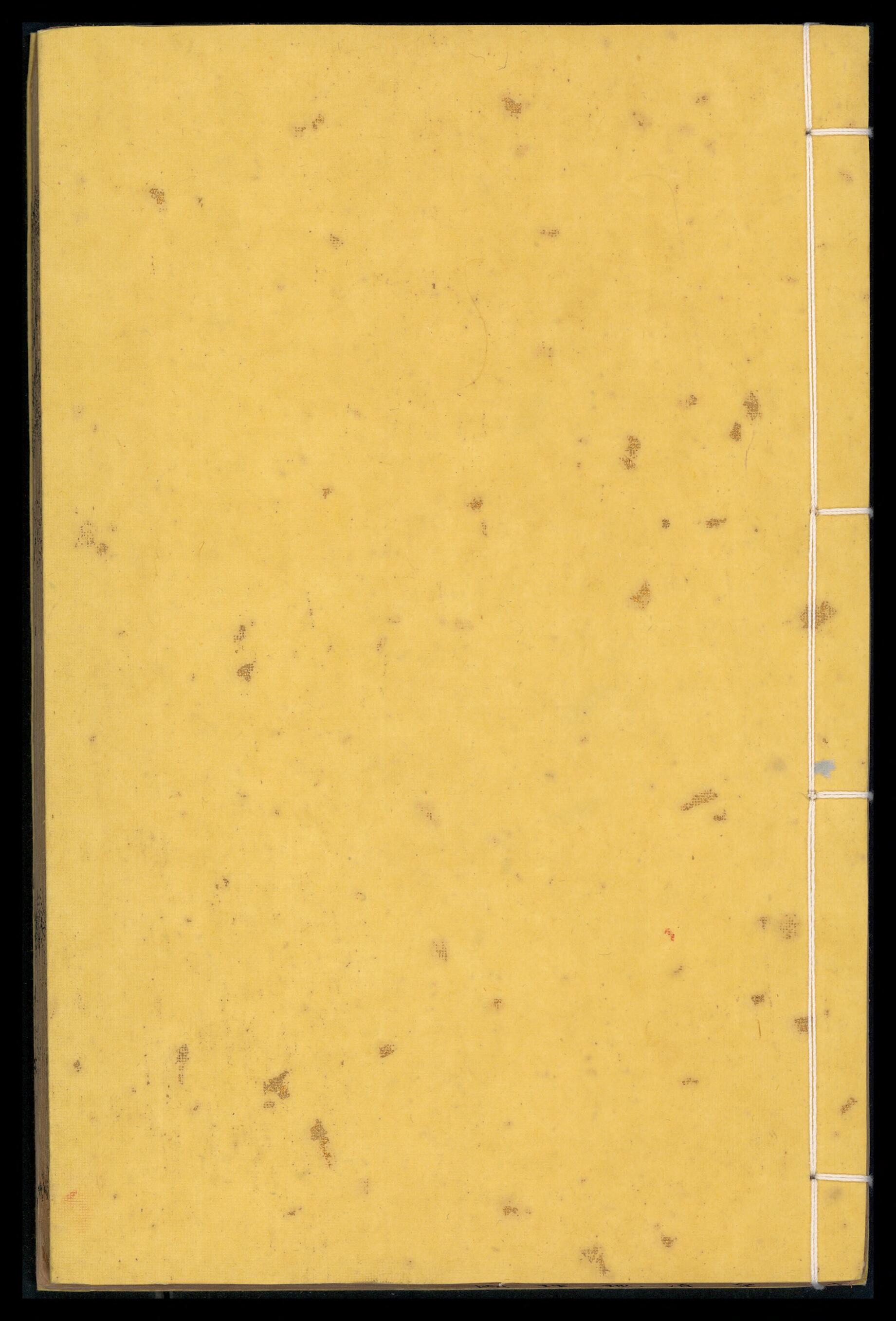1
/
of
1
Huang Qing Di Li Tu in 1856
- Regular price
-
$19.95 - Regular price
-
$29.95 - Sale price
-
$19.95
Couldn't load pickup availability
90-Day Satisfaction Guarantee & Free Returns
About This Map
Discover the timeless beauty of our fine art quality printed reproduction of this antique map. Perfect for history enthusiasts, collectors, and interior decorators.
Restored with meticulous attention to detail by our team with over a decade of experience, this stunning reproduction captures the intricate artistry and historical significance of the original map.
Whether you're a collector or seeking a unique decor piece, this archival-quality map reproduction is a timeless addition to any space. Order now to bring history to life!
Old map of Russian Federation.1823), courtesy name Fangli, a native of Yanghu (part of present-day Changzhou), Jiangsu, a Qing mathematician. He compiled the work using the imperial maps of Kangxi (reigned 1662-1722) and Qianlong (reigned 1736-1795), extensively consulting historical records, and collecting a wide range of local histories. The maps were carefully copied and all the changes of prefectures and counties that took place after Qianlong as well as the changes of the waterways were taken into consideration and conclusively checked. The time covered was expanded to the second year (1822) of the Daoguang reign. The work has a total of 41 maps, including the area of the Nivkh (Gilyak) tribe, the indigenous ethnic group in the northeast of China, and maps of the east, of the Pamir Mountains in the west, and of regions adjacent to Russia and the Pacific Ocean. It was originally printed by Li Zhaoluo (1769-1841) at Bianzhi Shushu and was in circulation for more than 20 years. However, the print became somewhat blurry and the size of the maps was quite large. The work was reprinted in the sixth year (1856) of the Xianfeng reign by Hu Xiyan of Changsha and issued in book form, with the central column showing the title on the top, followed by subtitles, such as "General map," "Heilongjiang," "Kobdo," followed by the page numbers. The maps were drawn using a grid-square system. In the lower portion of the central column of each following map is given the notation indicating where it can be found in the general map. The note in the Jilin map, for example, provides the information that it can be found in the general map at latitude 3 and longitude 2; the map of Chechnya is located in latitude 3 and longitude 5; and so forth. Each page has five squares horizontally and eight squares vertically. After the title page on top of the first map is a six-character heading: "General geographical map of the Qing Empire." The engraving is superb and lifelike, without the slightest error despite the complexity of the maps. The note on the upper-right corner of the general map reads: each square equals 200 miles (322 kilometers). The original cover page is lacking; the title comes from the bottom edge of the book, also with the character of quan (complete). This copy is a reprint. It consists of 91 leaves, 88 of them consisting of maps, covering a distance of 43 degrees in latitude and 77 degrees in longitude, about 13,840 kilometers from south to north and 18,508 kilometers from east to west. During the Daoguang reign (1821-50), China had 19 provinces, 185 prefectures, 19 independent sub-prefectures, 75 detached sub-prefectures, 69 independent departments, 171 detached departments, 1,304 counties, 31 posts headed by generals, 48 defense outposts, and 176 sentry posts. On pages 89-91 is a brief introduction to the administrative systems of the time, the territory of the country, and the printing history of this work. At the end of the last page is the publisher's label: "Printed by Yifangzhai at Xue yuan qian, Guangzhou."
Created by Youcheng Dong in 1856.
- Title devised, in English, by Library staff.
- Original resource extent: 1 juan, 1 volume.
- Original resource at: National Central Library.
- Content in Chinese.
- Description based on data extracted from World Digital Library, which may be extracted from partner institutions.
- Title revised per Asian Division.--cc28 2023-01-06
Map Tags
1856
Administrative And Political Divisions
Geography
Map
Qing Dynasty
Russian Federation
Youcheng Dong
Secure Checkout
Lifetime Warranty
Money-Back Guarantee

Map Sizing Information
- For the best legibility, order your map in the original size or larger. Most maps have intricate detail and small text that is best appreciated when the print size hasn't been reduced.
- Sizes labeled "Fits a Standard Frame" will drop right into any frame that you purchase in that size. The sizes that we offer are commonly available online and at most retail stores.
- Our standard sizes are recommendations based on the aspect ratio of the original map, but still may require some added "white space" in one dimension to fit.
- Non-standard sizes will require custom framing, and we suggest taking your print to the frame shop of your choice after you receive it for the best results.
- Custom sizes are available, simply contact us for a quote.
Below is an approximation of the scale of a few standard sizes, and how they might appear in your space.





